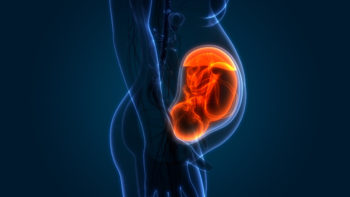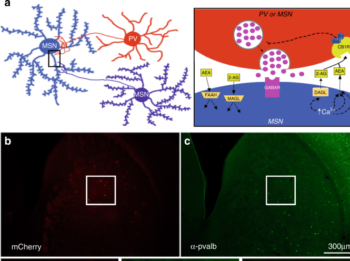Abstinence May Influence Changes in the Gut Microbiome of People With Alcohol Use Disorder
Chronic heavy drinking, a common symptom of alcohol use disorder (AUD), has been linked to changes in the levels and types of beneficial bacteria in the gut, known as the gut microbiome. Changes in the gut microbiome, often termed microbial dysbiosis, can lead to further downstream health problems such as liver disease, inflammation, and malnutrition. … Read more





